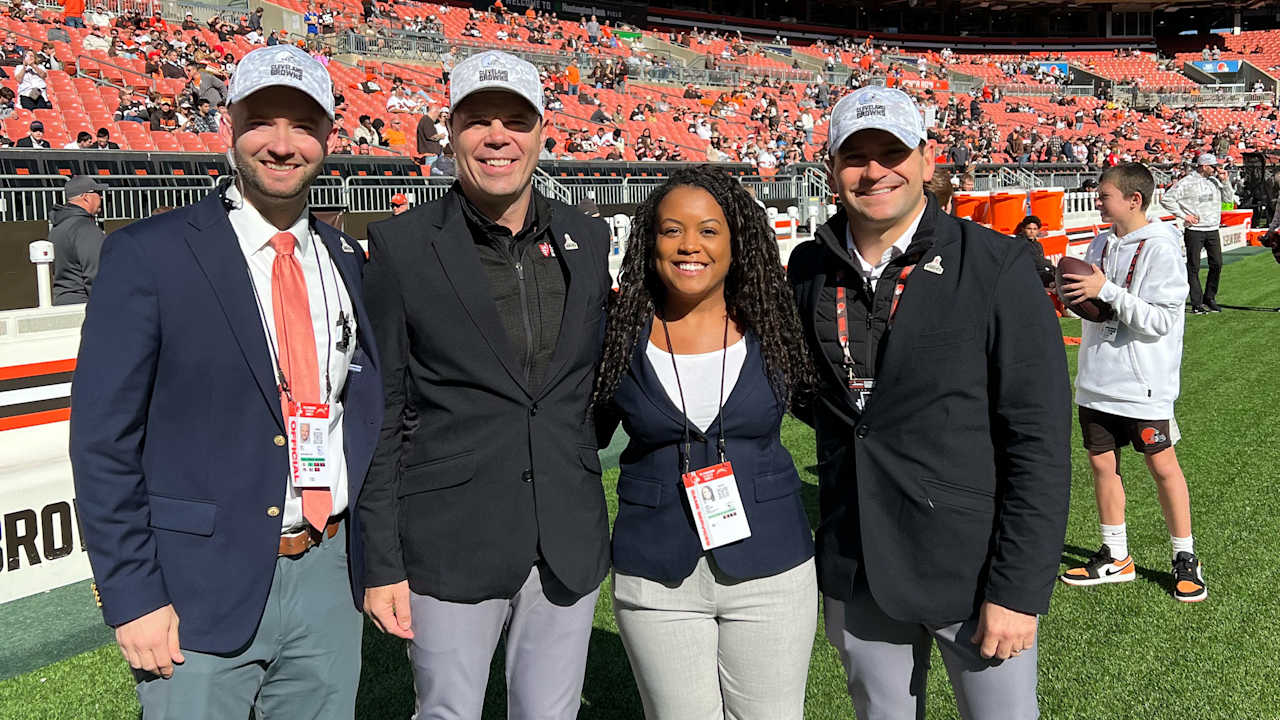Gambling
Lawsuit seeks to recover all Kentuckians’ gambling losses from ‘gray’ machines

A 1798 law that allows the recovery of money that Kentuckians lost from illegal gambling was recently used in the state’s successful lawsuit against an online poker company, landing a $300 million judgment.
A new lawsuit filed Thursday attempts to do the same thing, only this time it targets companies tied to what are known as “gray machines” — cash payout games resembling casino slots that have proliferated in gas stations and stores around Kentucky in recent years.
Under Kentucky’s 226-year old Loss Recovery Act, a person has six months to file a lawsuit to recover funds they lost from an illegal gambling wager. Once these six months pass, any other Kentuckian can also file a lawsuit to recover up to three times the funds this other person lost to illegal gambling, going back five years.
In 2011, the administration of former Gov. Steve Beshear filed a lawsuit citing this law to recover funds Kentuckians’ paid to illegal online gambling company PokerStars over the previous five years. The state won the drawn-out litigation in a 4-3 ruling of the Kentucky Supreme Court, finally receiving a $300 million settlement in 2021.
The new civil lawsuit targeting the gray machine industry was not filed by the state, but the charity nonprofit Empathy in Action, which is run by Vanessa Cantley, the lead attorney in the lawsuit.
Cantley said she formed the nonprofit in 2017 to address injustices in the state, noting the harms of gambling have impacted her own family.
“My uncle passed away last year, having worked his entire adult life, owned his own business. And he died with nothing because he was a gambling addict,” Cantley said. “So it hits close to home. If I can use my nonprofit as a vehicle to affect some change. Then I want to do that.”
Filed in Franklin Circuit Court, the plaintiff seeks to recover three times the amount that all Kentuckians lost playing illegal gray machines in the past five years. The complaint states that Empathy in Action would turn over any proceeds from the litigation to state government for its efforts to combat gambling addiction and aid small businesses in underserved and rural communities.
Game companies on defense from legislators, AG, litigation
The lawsuit names nine defendants, most of which are either the makers or distributors of the cash payout games. It also names two defendants who are clients of the game companies — housing the machines in their businesses and splitting the profits — a Frankfort gas station and bar.
Called gray machines because their legal status is often in a “gray area,” the games targeted in the lawsuit started proliferating in Kentucky stores around 2021. Pace-O-Matic and Prominent Technologies — two makers and distributors of the games, based out of state — had placed thousands of their games in Kentucky stores by 2023, when the Kentucky General Assembly sought to ban them.
The two companies called their devices at the time “skill games,” arguing that they did not constitute prohibited slot machines because they did not entirely rely on chance to win, as a player had to touch the screen to win money.
A bill passed into law by the Kentucky legislature in 2023 explicitly banned such skill games, but Prominent and at least one other company then developed and distributed new games which they claimed were still legal.
Prominent Technologies started distributing hundreds of what they called “no-risk” or “risk-free” games in 2024, which revealed the outcome of the player’s next spin in advance. With this new wrinkle, they argued there was no element of chance in the games, which means they are not prohibited gambling devices under the law.
In late 2023, a company called Skill State LLC, which also operates under the name Friendly Amusement, started distributing similar new games that they also claimed were legal due to “pre-revealing” the outcome of the next spin.
Kentucky Attorney General Russell Coleman issued a formal advisory for prosecutors and law enforcement last month that disputed this interpretation, stating that “risk-free” games were just as illegal as the skill games that preceded them and were banned.
At least one city started cracking down on stores in September, as Winchester police seized dozens of games and criminally charged store owners, some of whom are clients of Skill State and Prominent. However, Louisville regulators are now blocked from citing stores housing the games, as a judge granted a Skill State motion for an temporary injunction on such enforcement, siding with the company’s argument that they are not illegal.
The Empathy in Action lawsuit names Pace-O-Matic, Prominent Technologies and Skill State as defendants. Attorneys and representatives of the companies did not immediately respond to a request for comment on the lawsuit.
Some games that resemble slot machines are allowed to be used by certain operators under Kentucky law, such as the Kentucky Lottery, licensed charitable gaming organizations and Kentucky horse racing tracks.
Churchill Downs led a lobbying effort to legalize their slots-like “historical horse racing” machines in a 2021 bill that passed into law, which has financially propped up the horse industry for more than a decade.
Attorney: ‘Many millions’ of dollars could be recovered from wagers
An attorney based out of Louisville, Cantley told Kentucky Public Radio her lawsuit closely resembles the previous state litigation that recovered hundreds of millions of dollars that residents lost on illegal online poker.
She said exactly how much Kentuckians’ have spent on illegal gray machines over the past five years is hard to know, as they are largely unregulated, operate in cash and exist within a “gray area” of the economy.
“Our hope is that in the discovery process in the lawsuit, they’ll be compelled to turn over the information that’ll give you the answer to that question,” Cantley said. “We certainly expect it to be many millions of dollars. Otherwise, they wouldn’t be so prevalent, they wouldn’t be all over the state.”
She also noted that much of the gray machine industry operates in the shadows and is hard to identify. Cantley expects additional defendants could be added to the lawsuit through the discovery process.
The lawsuit is assigned to the courtroom of Franklin Circuit Judge Phillip Shepherd.
State government and politics reporting is supported in part by the Corporation for Public Broadcasting.








